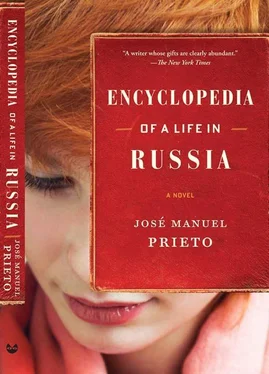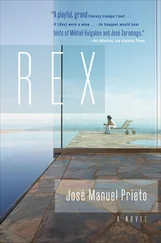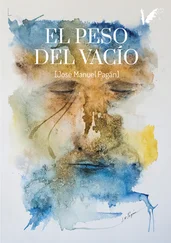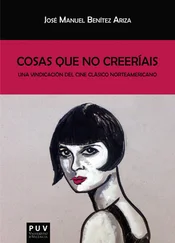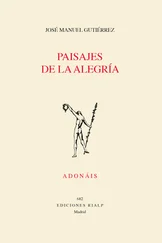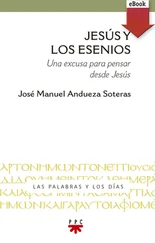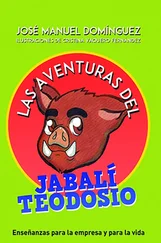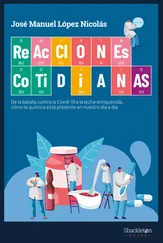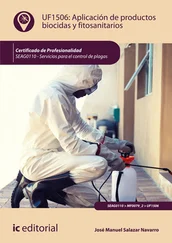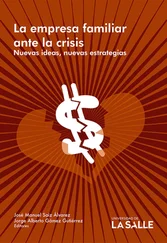PANIS ORIS INTUS ANIMAE MEAE (P.O.A. or BREAD FOR THE MOUTH OF MY SOUL). Yes, I wanted to write a great novel, but one that was based on insignificant feelings, the dot matrix of my existence, the pettiness of consumerism and OCCIDENTAL flotsam and jetsam, the indispensable bauble of each new day. I dreamed of repeating the success of those composers of RADIO hits who move us to tears with a melody that is cheap and cloying but deeply felt. I yearned to capture an era, that summer, all that was destined to vanish without leaving a trace, to be forgotten, just as we lost the Philadelphia rhythms of my teenage years. Who would write about that? This was my primordial goal: to freeze the vertiginous shifts in the external attributes of human life, that great immobile organism, inalterable in its gross corpulence, which takes childish delight in transforming its attire, like a mime who, during a single performance, quick-changes between Harlequin, Polichinelle, and Cantonese Mandarin costumes. For that’s what we do: betray the old fashions to make a show or pretense that we are living. Or rather, in fact, to live precisely that fatuity. I had decided to return to Saint Petersburg to live BREAD FOR THE MOUTH OF MY SOUL, to model my discovery about frivolity onto the surface of the real world and study the influence of FLUORIDE on a young soul (a Russian soul). That the girl I would finally select played the FLUTE fit miraculously into my plan due to the widespread stereotype about Russians and classical music et cetera. I’d come up with the title years earlier, a phrase from Saint Augustine’s Confessions, PAN DE LA BOCA DE MI ALMA, which explained the sensation similar to hunger that I felt on seeing certain shades of red. I visualized this inner MOUTH OF MY SOUL as a moist purple hole opening crosswise in the region of the solar plexus, ravenous as a baby bird in its nest. To sate it, I had to shovel in all the tactile, visual, and auditory stimuli available: a woman friend’s clean skin, K**’s delicate shoulders and deep anatomical hollows, the perfect design of my fountain pen, THELONIOUS’S vertiginous fingers on BRILLIANT CORNERS, that perfect piece of music, warm and pliant.
I. The name of THELONIOUS would remain in the memory of generations to come, like that of Casanova de Seingalt 5who visited Saint Petersburg in 1764. A fragment of his Memoirs, which I consulted before undertaking my own journey, struck me as premonitory. Casanova says: M’étant ecarté de la maison impériale d’une centaine de pas, je découvris une jeune paysanne dont la beauté était surprenante. L’ayant fait remarquer au jeune officier, nous nous acheminàmes vers elle; mais, leste et svelte comme une biche, elle s’enfuit jusqu’à une chaumière peu éloignée, où elle entra. Nous l’y suivons. .Sa gorge n’était pas encore parfaitement développée, car elle avait à peine quatorze ans. Blanche comme la neige, elle avait des cheveux d’ébène d’une longueur et d’une épaisseur prodigieuses. Deux arcs d’une extrême perfection et d’une grande finesse recouvraient deux yeux admirablement fendus, qu’on aurait pu désirer un peu plus grands peut-être, mais qu’on ne saurait imaginer ni plus brillants, ni plus expressifs.Cette jeune fille, que je baptisai [Zizi], monta en voiture et nous suivit à Pétersbourg vêtue de gros drap et sans chemise. Je m’enfermai quatre jours, sans la quitter un instant, jusqu’à ce que je la vis habillée à la française, sans luxe, mais très proprement. Or: I was about a hundred paces from the imperial residence when I saw an enchanting young peasant girl. I pointed her out to my friend and we walked toward her, but she ran away, light and graceful as a gazelle, into a sad little hut. We followed her inside. .Her breasts were not yet completely formed; she had just turned fourteen. Her snow-white skin contrasted with her thick ebony hair. Her fine black eyebrows rose over a pair of magnificently shaped eyes that I would have preferred a little larger, but that seemed to shoot out flames. I must also mention her teeth, made for kisses. . I christened her [ZIZI] and she got into the carriage and returned with us to St. Petersburg dressed in coarse clothes, without a chemise of any kind. . For four days I stayed home, never leaving her until I had dressed her modestly in the French style.
II. A few notes for P.O.A.
1 At the end of the summer we’ll take a trip to YALTA. It was the old dream of a vacation in Hawaii. Yes, some readjustment of scale was required, but that couldn’t change the significance of the journey or of the sea in our lives. The Crimean coastline, the antique resonance of its city’s names — Feodosiya, Livadia, Yevpatoria — suited my project perfectly. The beaches, the sea, symbolized freedom in the abstract, connoted laxity, luminosity, the diaphanous air filling our lungs. Then, if my experiment turned out to be successful, we would travel to the real Riviera, which, for me, was also Fitzgerald’s Tender is the Night.
2 Winged lions. The medieval bestiary known as the Physiologus tells us that the winged lion is the symbol of the EVANGELISTS, who are often represented as the lion of Saint Mark or the bull of Saint Luke, as well. A happy coincidence. When I was location-scouting for PANIS ORIS INTUS ANIMAE MEAE, I’d chosen the lovely bridge that spans the Griboedev Canal, a few meters from Nevsky Prospekt. From there, one of the most beautiful views of Saint Petersburg opens out before your eyes.
3 And what about the title? Not only does it include the word “soul,” it’s even in Latin . ANIMAE or “soul” was a concept as readily mass-produced as any other. Everything acquired another life within the easy world of now. I could make Saint Augustine a hero of frivolous culture, transform BREAD FOR THE MOUTH OF MY SOUL into a terrific marketing slogan, magnifying the story of his renunciation of paganism (the mirror image of my own conversion to the idolatry of the present) and taking his Confessions along with me to the top of the best-seller lists by publishing this ENCYCLOPEDIA to coincide with the launch of P.O.A.: a triple-decker cheeseburger. Obviously it wouldn’t be enough for my book simply to tell the truth about frivolity; I would also have to mint the idea anew, render it accessible, transform it into some gesture or characteristic that would make it easily and positively identifiable, a topic of fashionable conversation during TEA time.
4. . Borges, an Argentine writer, and therefore suspect. Quite surprisingly, I was Cuban. This earned me accusations of being a PSEUDO DEMETRIUS, an imposter. How could I pretend to represent the rich OCCIDENT? While this seemed a valid objection, it was, in fact, a serious error. An entirely OCCIDENTAL man, if such a thing exists, would never have discovered the important role that frivolity had played in discrediting the Doctrine, would not have perceived the ravages wreaked by FLUORIDE upon the old Russian soul. My adolescence spent in an essentially frivolous country, but one that had placed all its bets on the seriousness of the Doctrine, had endowed me with perfect mastery of the casuistries that an in-depth analysis of the phenomenon required. For on more than one occasion, fearful of having been contaminated, I had knelt to make my confession before the barred window of my own conscience and found myself full of love for (SWISS) CHOCOLATES. What I mean is that I’d never taken my eyes off that other side of life, even when I was bound hand and foot, and this dual existence had, over time, contributed to my discovery.
5. . Casanova de Seingalt. The author of the Nights of Saint Petersburg, Joseph-Marie, comte de Maistre, must also be mentioned here, if only for the coincidence of José(ph): JOSIK, JOSHELE, JOSEPH. (Russia had been waiting for me to introduce its citizens to the elaborate structures of my island’s literature. I’d lived long winters in its very heart, like Bowles in Tangiers: the desolate snow, the age-old despair of the dunes.)
Читать дальше
